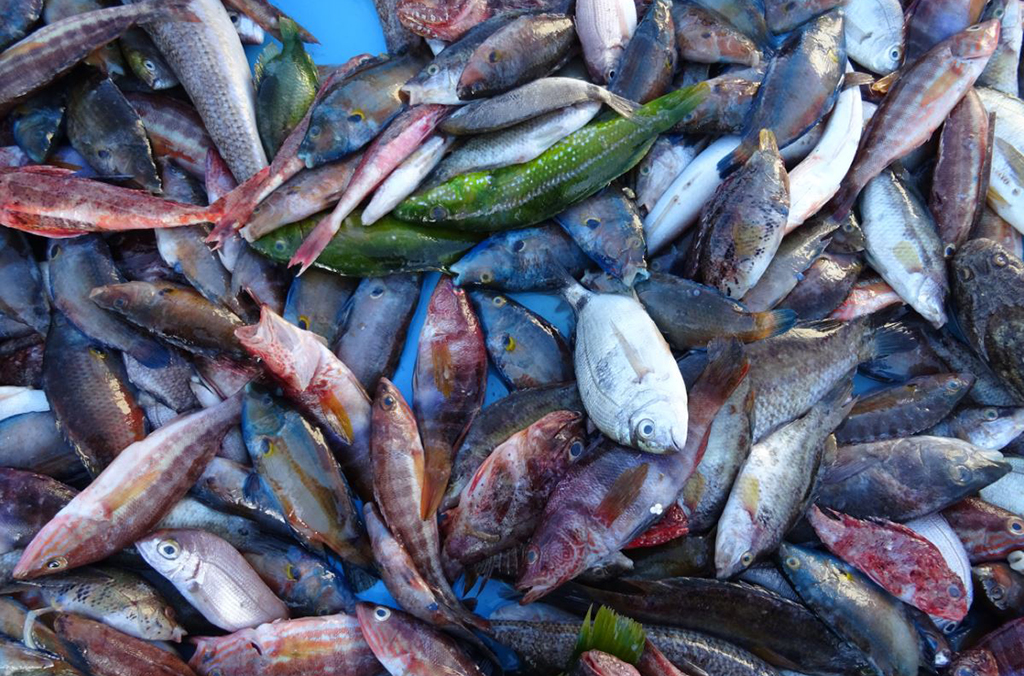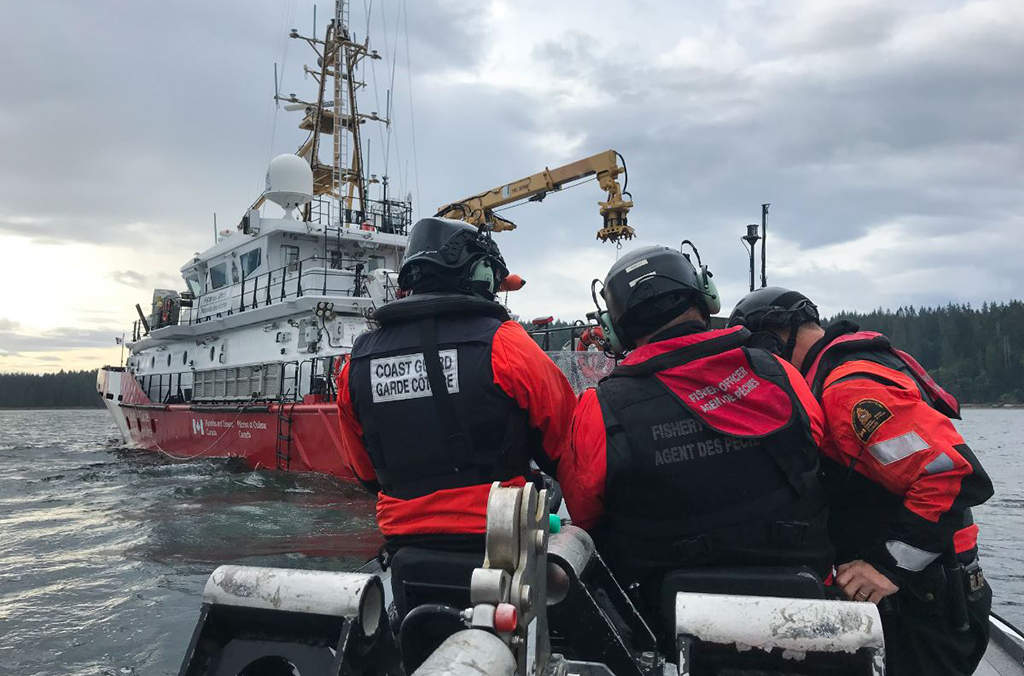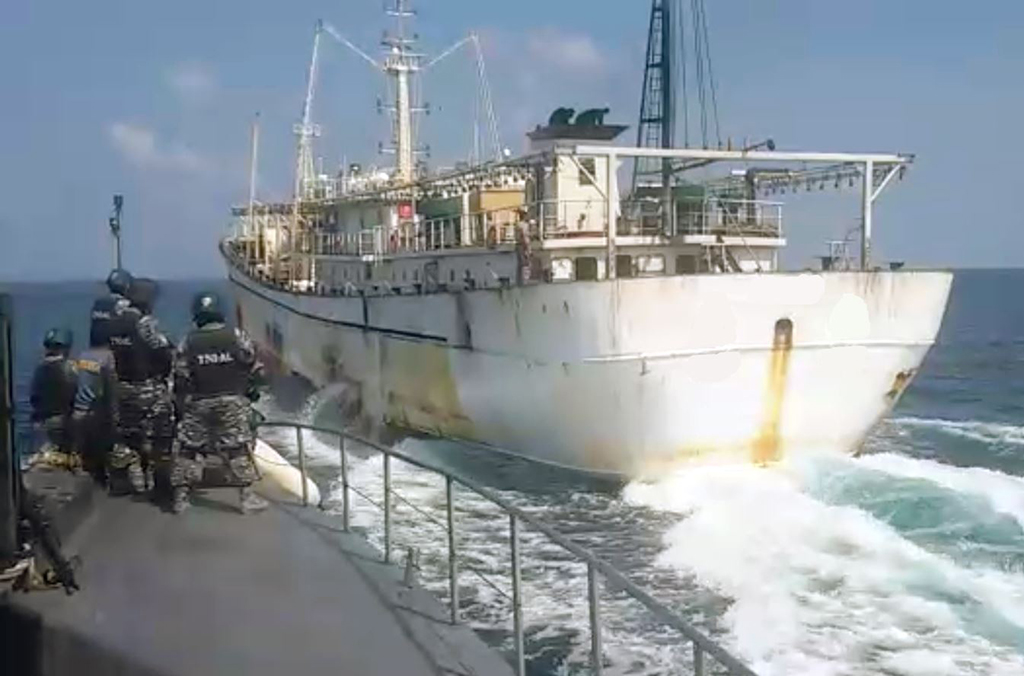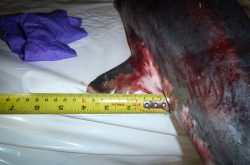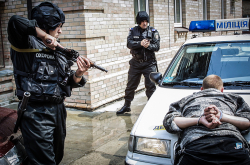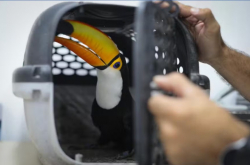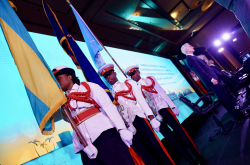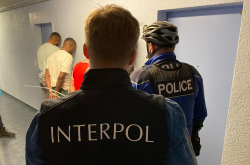LYON, France – INTERPOL’s mission in the area of global fisheries enforcement is to enhance the capability of its 194 member countries to identify, deter, and suppress crimes associated with the fisheries sector.
In this respect close collaboration with INTERPOL’s other crime areas has created opportunities for innovative approaches facilitating greater assistance to member countries.
By facilitating international law enforcement information sharing, the INTERPOL Global Fisheries Enforcement (GFiE) programme also contributes to higher awareness of crime challenges in the maritime domain, as well as providing subject matter expertise to the maritime security community.

In the framework of the International Day for the Fight against Illegal, Unreported and Unregulated (IUU) Fishing, the following are some highlights of the work conducted by INTERPOL through its policing capabilities:
- Notices: Since 2013, INTERPOL has issued 51 Notices at the request of its member countries. Public versions of Purple Notices on the deceptive and coercive practices undertaken within the recruitment process to work on fishing vessels, on the fraudulent abuse of state flag registries for fishing vessels, and on human trafficking and modern slavery in the fisheries sector are available on INTERPOL’s website.
- Investigative Support Teams (ISTs): The deployment of eight ISTs have supported investigations, resulting in detentions, convictions and fines as well as other sanctions. ISTs often involve the use of digital forensics to harvest evidence and intelligence supporting transnational investigations. Following the recent deployment of an IST in Sierra Leone to assist national authorities with an open criminal investigation on a fishing vessel, INTERPOL’s assistance was requested to undertake digital forensics analysis.
- Regional Investigative and Analytical Case Meetings (RIACMs): These meetings allow member countries to exchange information on specific cases and discuss enforcement opportunities. Following the arrest of the fishing vessel STS-50 by Indonesia in April 2018, INTERPOL convened a RIACM with authorities from the relevant countries to discuss the evidence, prosecution and continuing investigations. In August 2018, a court in Indonesia ruled that the vessel had taken part in illegal fishing activities; the vessel was seized as a state asset and the captain was fined IDR 200 million (approximately EUR 12,000).
- International Law Enforcement Cooperation in the Fisheries Sector: a Guide for Law Enforcement Practitioners: Providing a review of the work undertaken over five years by INTERPOL and its member countries against fisheries-related crimes, the guide serves as a comprehensive resource to enhance through collaboration the capacity of member countries to effectively tackle illegal fishing and crimes associated to the fisheries sector. The guide is available on INTERPOL’s website.
Documentos conexos
Noticias conexas





